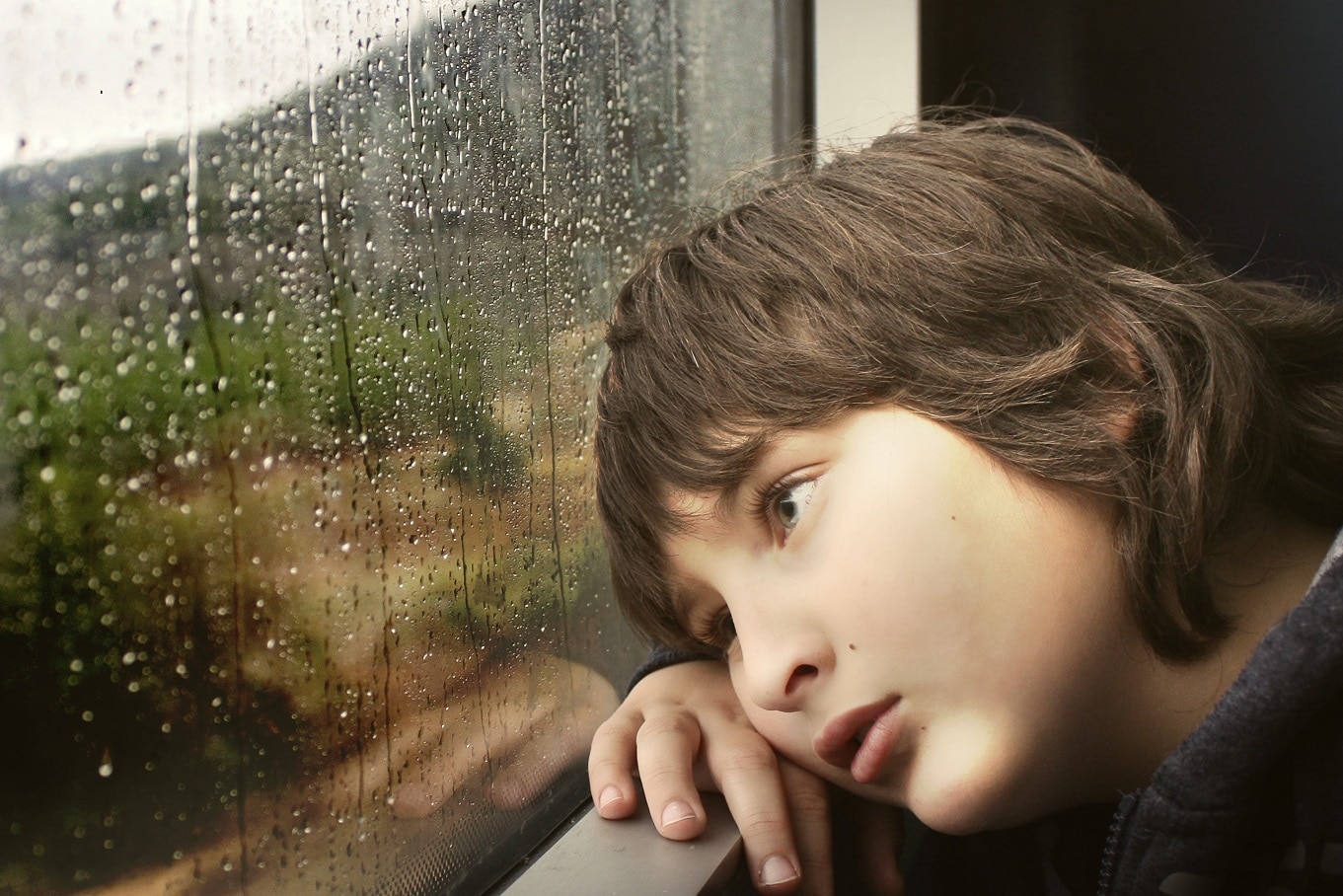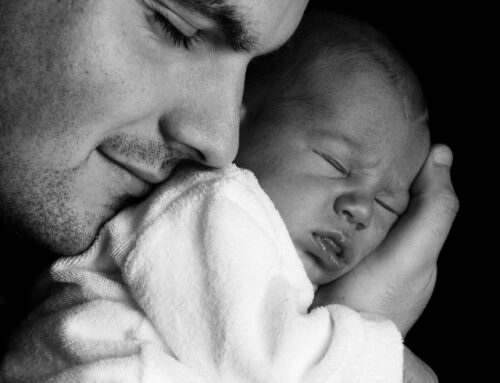
When I was teaching, it would inevitably come up: that something wasn’t fair.
I taught an inclusion classroom which meant that some kids received adaptations based on their individualized education plan (IEP.) Some of the changes were not easily noticed (two choices rather than four on a multiple choice test, one essay question rather than three, you get the idea.) It was the adaptations that everyone noticed (the use of a calculator, or the assistance of a Special Education teacher) that brought up the chorus of “It’s not fair!”
What does it mean to be fair?
Fairness is such a fickle construct, and for many people fair means equal.
But, does fair really mean equal?
I have bad eyesight. Is it fair that I have to wear glasses? Should everyone in the world wear glasses because I do? As a parent, I have to try really hard not to teach my kids that fair means equal, especially as we enter the season of abundant giving. Let’s face it, unless you are really vigilant, there is a good chance that your kids will receive an unequal number of gifts or that their friends get “better” gifts.
When my kids say that something is not fair, what I really hear them say is: “I want what [blank] has and I won’t be happy unless I get that!” And we grown ups will typically try to make the child happy because that is just easier than listening to the whining.
(And let’s at least acknowledge that it’s not just kids who do this, the whining part, I mean. I am so guilty of this too!)
Sad? Mad? Upset? OK.
What if, instead of focusing on things being equal, we try to teach that fair means that everyone gets what they need at that particular time? You may not need glasses, so you don’t wear them. I do need glasses, so I wear them. Result? We all can see clearly!
We so want to protect our kids from the harsh world and keep them from feeling pain and disappointment and sadness, but I wonder what are we keeping them from by doing so? Are we keeping them from learning how to deal?
Life is full of disappointments and we need to develop the ability to bounce back from disappointment as well as being able to understand what others may be going through. We also want to celebrate with gusto and appreciate a job well done which can be hard if you never experience the lows.
Be real. Sympathize, but don’t dwell.
We are not meant to be an insular society. We need each other. Sometimes we need others to give to us, other times we need to give to others.
My 8 year old was so bummed out that her BFF had a big birthday party with lots of friends and swimming and presents while she just had a party at Grandma and Grandpa’s house with family. (Now she seemed to disregard that we were visiting family in Wisconsin at the time, but we are talking 8 year olds.)
I listened to her, and told her that it was a bummer that she didn’t have her California friends in Wisconsin and that it was OK to be upset. I didn’t sweep it under the rug or tell her to grow up or tell her that life is not fair. I listened and acknowledged her.
As I think about what lesson I want my children to learn, I think I want them to grow up to be empathetic, resilient individuals, rather than me trying to keep the peace by making sure each bowl has exactly 247g of ice cream.
Photo Credit






Leave A Comment